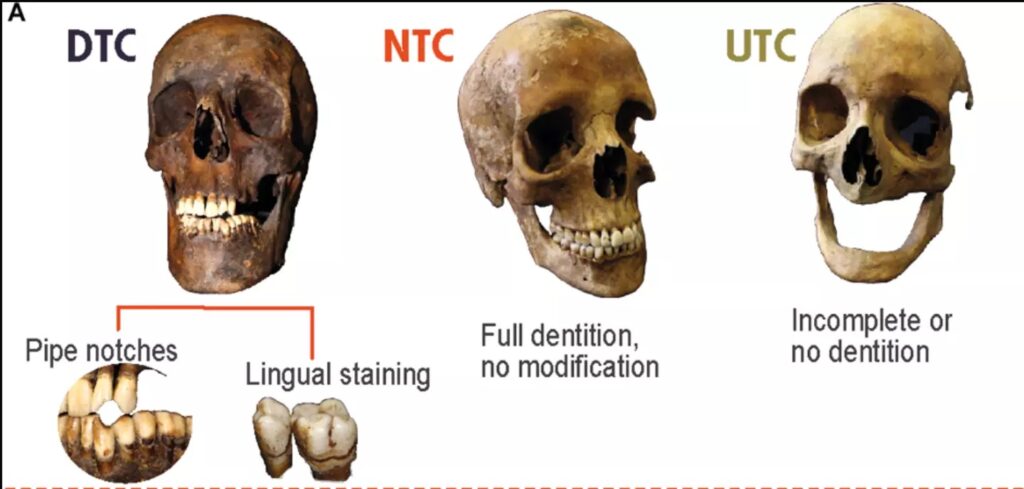We’re all familiar with the risks of smoking and its effects on the body, but those impacts may be more profound than previously believed. According to the American Lung Association, smoking tobacco greatly increases the risk of lung cancer, stroke, heart disease, lung issues, and more.
Switching from cigarettes to vaping also has significant effects on the body, as highlighted in this video.
We know these risks, but new findings from English scientists reveal something even more unsettling—especially for those who have smoked, even if they quit years ago.
A study from the University of Leicester examined remains buried in Britain between the 12th and 19th centuries and found that smoking’s effects could last long after death. While it’s uncertain when tobacco first arrived in Western Europe, it’s thought to have been introduced to Britain in 1586 by Sir Walter Raleigh, nearly two centuries before the U.S. existed as a nation.

Researchers analyzed 323 cortical bones, the dense outer layers of bone, for molecular signs of tobacco exposure and identified 45 former smokers.
Each of these individuals displayed distinct molecular features absent in non-smokers, even centuries later.
The study, published in Science Advances, explains: “Tobacco consumption leaves a metabolic record in human bone that is specific enough to reveal tobacco use in individuals with unknown histories. Human skeletal remains offer direct evidence for studying past health conditions, including tobacco-related diseases.”
Dr. Sarah Inskip, a co-author, noted, “Our research shows significant molecular differences in the bones of past tobacco users versus non-users. This suggests tobacco use changes the structure of our skeletons.”
“Our ongoing work aims to uncover how these differences form, which may clarify why tobacco use is linked to certain musculoskeletal and dental disorders.”
The idea that smoking’s effects could remain in our bones is unsettling. As someone who quit six years ago, the thought of it leaving a mark on my skeleton is truly unnerving.
